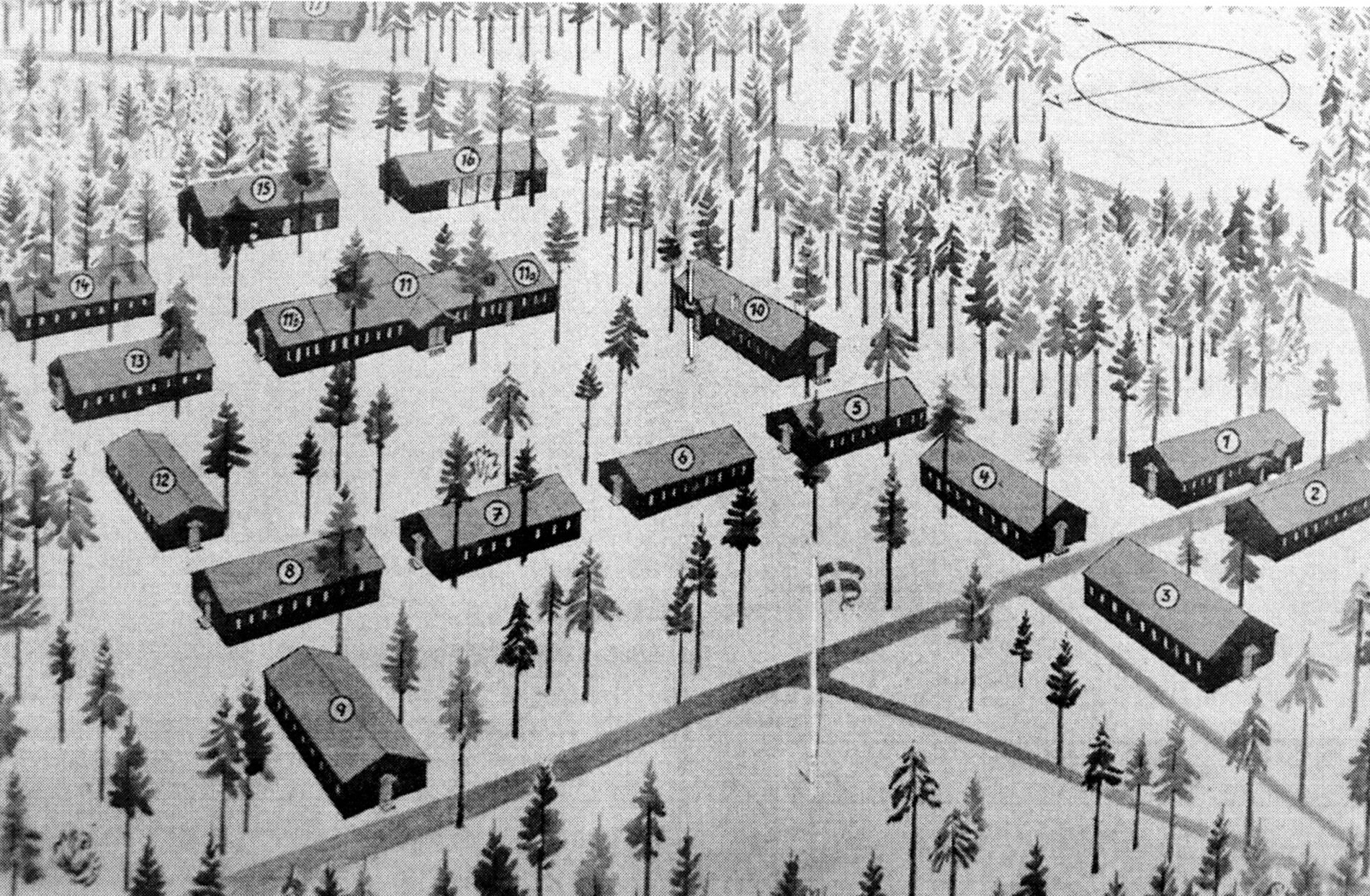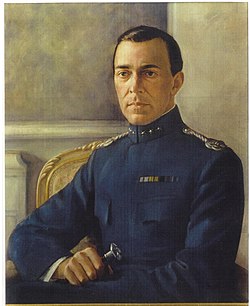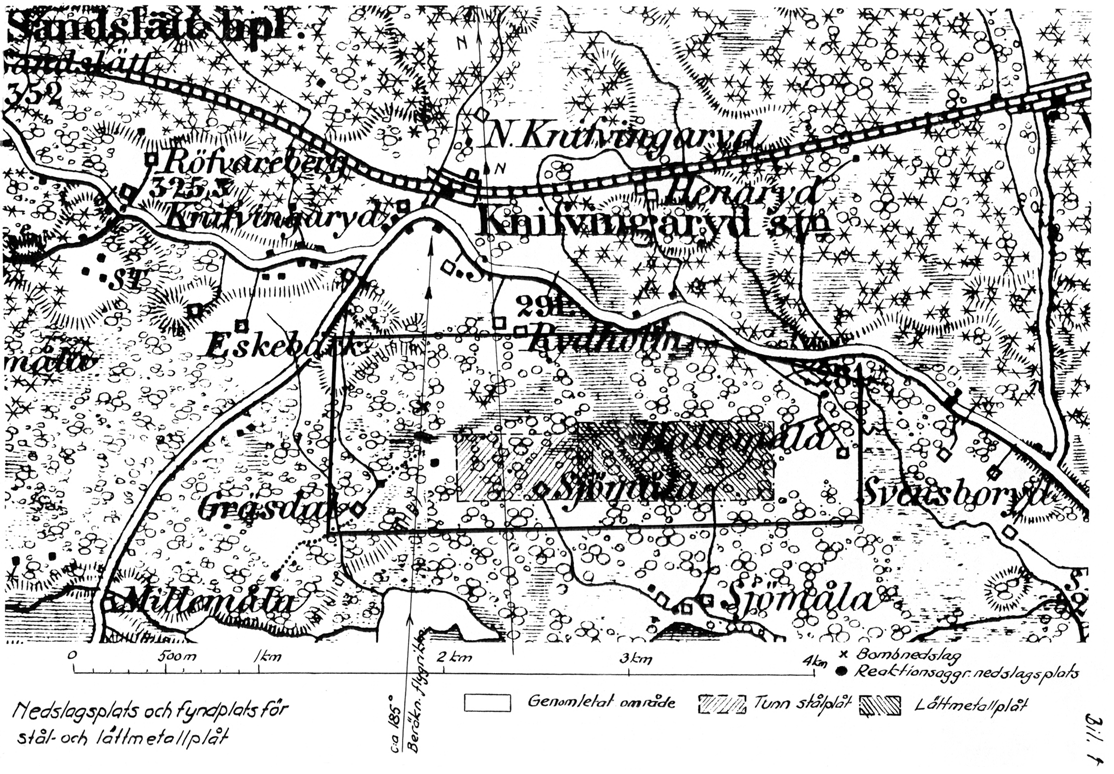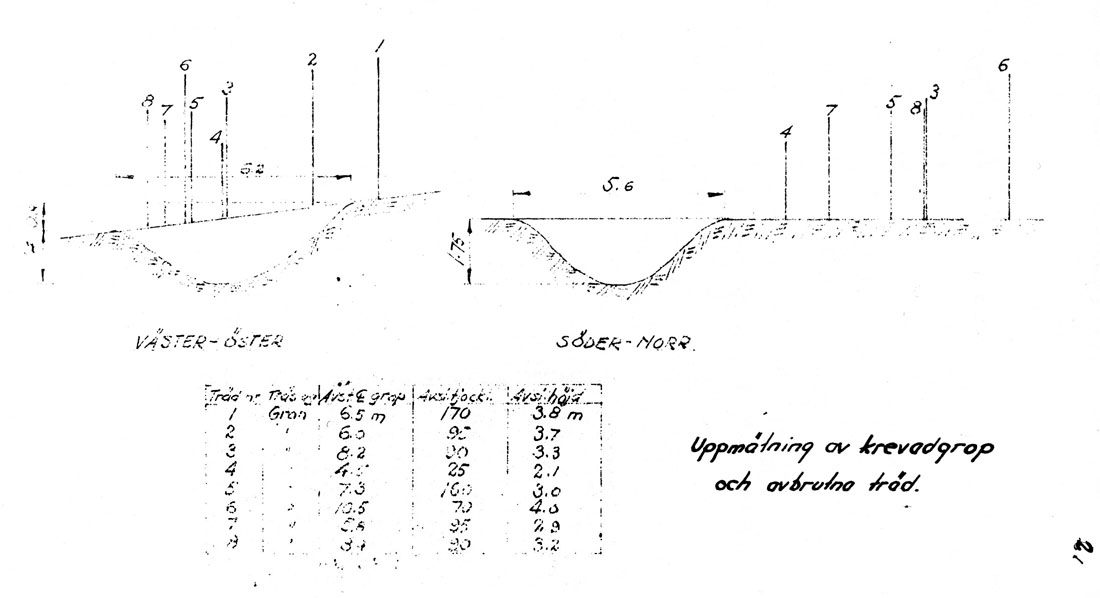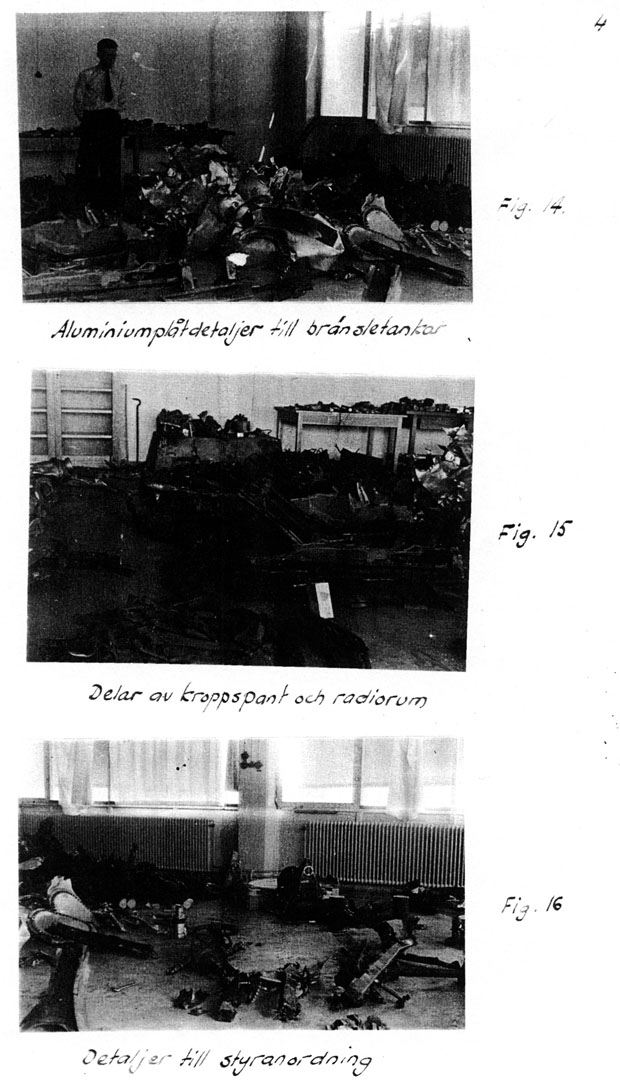17th November 1943
Nils Bohr took a sip of the highly rationed coffee, but despite this it did not give him the same amount of cheerfulness it used to bring. He understood that he was in a good position all things considered, but he still could not help feeling a bit irritated on his Swedish hosts. He had wanted to go to England and then America, but had been told (very politely, always politely) that this would not be possible for the duration of the war. On the other hand he had been given a position at the Royal technical academy for the duration. But quickly he had started to see a pattern emerge in dr. Söderman's "friendly visits" to the school board and the fact that more and more prestigious academics from all over Sweden was getting positions at the school, not always willingly. And so he was totally unsurprised when the meeting was called to announce the formation of "the strategic research and development commission" of which they all now was a part of. The commission was going to be lead by Arne beurling, a mathematician that seemed to be on good footing whit the men from the intelligence agency. When it came to the questions of exactly what the commission was supposed to be working on it raised an eyebrow on Bohr, as it said that they should focus on research that would help "the war effort". Reading between the lines the instigators behind the project did not really seem to have a clear focus for the project and more disconcerting Sweden seemed to be gearing up for war against the Germans, the idea both frightened him and more surprisingly came as a relief.
The commission was small but included a good cast of following academics: Theodor svedberg (chemist), Baltzar von platen (engineer), Hannes Alfvén (physicist), Bengt edlen (physicist), Lise meitner (physicist), Manne siegbahn (physicist), Per-olov löwdin (physicist), Harald Cramer (statistician), Waloodi Weibull (mathematician), Herman wold (mathematician). No matter his small irritation, the following years would be interesting. Not least for the problem of finding practical implementations to his science and to see what new ideas would emerge from this mixture of academics.

Theodor Svedberg (chemist)

Baltzar von platen(engineer)
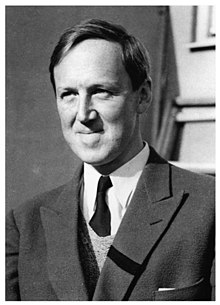
Hannes Alfvén(physicist)

Bengt Edlen(physicist)

Harald Cramer(statistician)

Manne Siegbahn(physicist)

Per-olov Löwdin(physicist)

Lise Meitner(physicist)

Waloodi Weibull(mathematician)
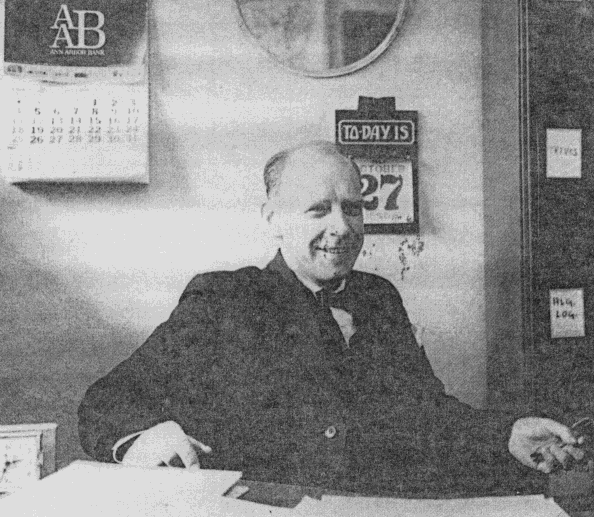
Herman Wold(mathematician)
Nils Bohr took a sip of the highly rationed coffee, but despite this it did not give him the same amount of cheerfulness it used to bring. He understood that he was in a good position all things considered, but he still could not help feeling a bit irritated on his Swedish hosts. He had wanted to go to England and then America, but had been told (very politely, always politely) that this would not be possible for the duration of the war. On the other hand he had been given a position at the Royal technical academy for the duration. But quickly he had started to see a pattern emerge in dr. Söderman's "friendly visits" to the school board and the fact that more and more prestigious academics from all over Sweden was getting positions at the school, not always willingly. And so he was totally unsurprised when the meeting was called to announce the formation of "the strategic research and development commission" of which they all now was a part of. The commission was going to be lead by Arne beurling, a mathematician that seemed to be on good footing whit the men from the intelligence agency. When it came to the questions of exactly what the commission was supposed to be working on it raised an eyebrow on Bohr, as it said that they should focus on research that would help "the war effort". Reading between the lines the instigators behind the project did not really seem to have a clear focus for the project and more disconcerting Sweden seemed to be gearing up for war against the Germans, the idea both frightened him and more surprisingly came as a relief.
The commission was small but included a good cast of following academics: Theodor svedberg (chemist), Baltzar von platen (engineer), Hannes Alfvén (physicist), Bengt edlen (physicist), Lise meitner (physicist), Manne siegbahn (physicist), Per-olov löwdin (physicist), Harald Cramer (statistician), Waloodi Weibull (mathematician), Herman wold (mathematician). No matter his small irritation, the following years would be interesting. Not least for the problem of finding practical implementations to his science and to see what new ideas would emerge from this mixture of academics.

Theodor Svedberg (chemist)

Baltzar von platen(engineer)

Hannes Alfvén(physicist)

Bengt Edlen(physicist)

Harald Cramer(statistician)

Manne Siegbahn(physicist)

Per-olov Löwdin(physicist)

Lise Meitner(physicist)

Waloodi Weibull(mathematician)

Herman Wold(mathematician)


